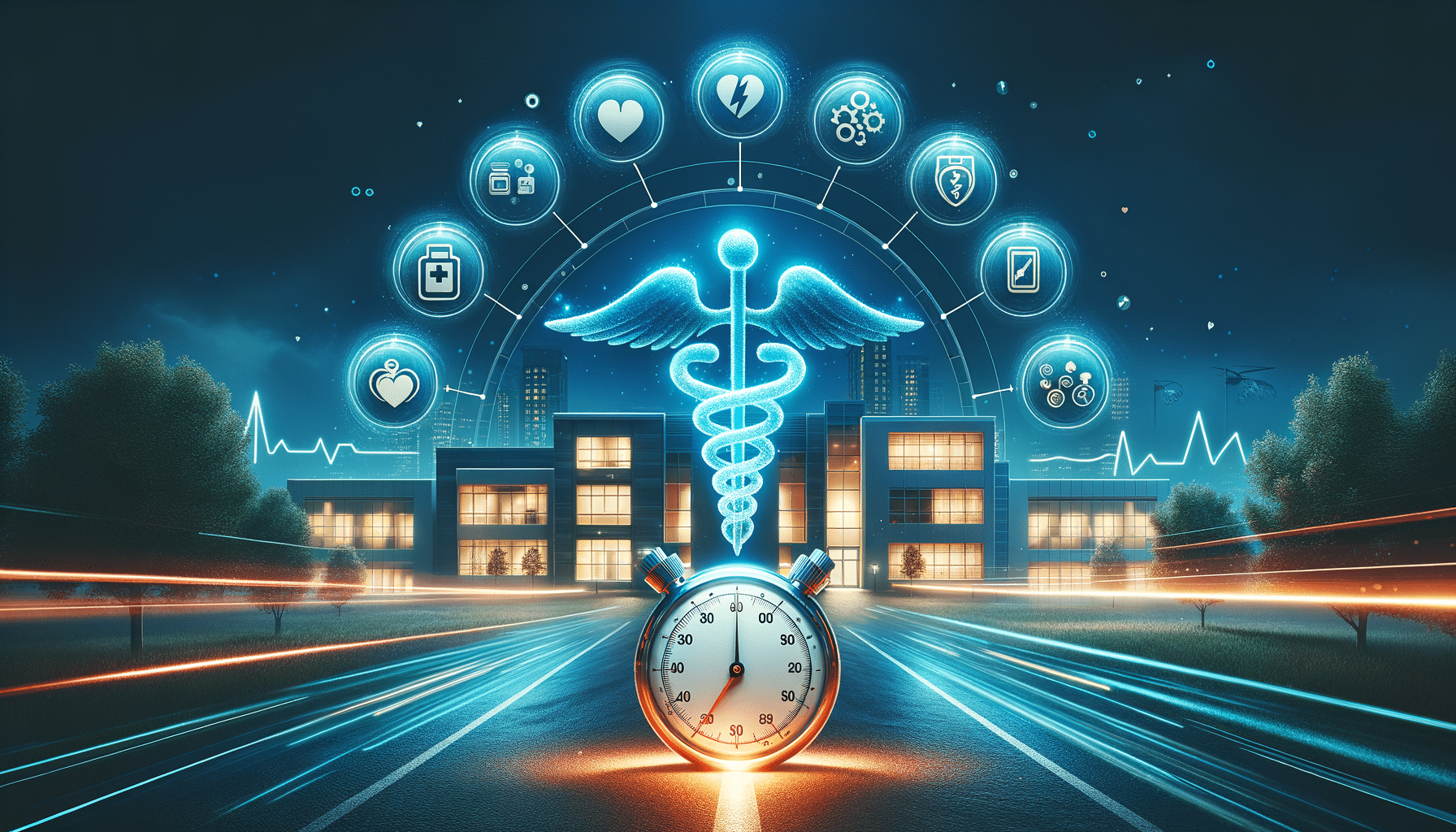The Importance of 24/7 Nursing Support
In today’s fast-paced world, the need for continuous healthcare support is more crucial than ever. 24/7 nursing services provide an invaluable resource for individuals requiring constant medical attention or supervision. These services are not just limited to hospitals but extend to home care settings, making healthcare accessible and convenient. Round-the-clock nursing ensures that patients receive timely interventions, which can be critical in managing chronic conditions and preventing complications. This continuous support empowers patients, giving them confidence and peace of mind knowing that professional help is always available.
One of the primary advantages of 24/7 nursing is the ability to monitor and manage health conditions effectively. For patients with chronic illnesses such as diabetes, heart disease, or respiratory problems, having access to nursing care at any time can significantly improve health outcomes. Nurses can provide essential services such as medication management, wound care, and vital signs monitoring, which are crucial in maintaining stable health conditions.
Advantages of Continuous Nursing Support
The benefits of 24/7 nursing support extend beyond immediate medical care. It fosters a holistic approach to health management, addressing not only physical but also emotional and psychological needs. Patients often feel more secure and less anxious when they know that a healthcare professional is available to assist them at any time. This constant availability can lead to improved patient satisfaction and a better quality of life.
Moreover, continuous nursing support is instrumental in facilitating early detection of potential health issues. Nurses are trained to observe subtle changes in a patient’s condition that may indicate a developing problem. Early intervention can prevent minor issues from escalating into serious health crises, thereby reducing hospital admissions and healthcare costs.
- Timely intervention and management of health conditions
- Reduced anxiety and improved mental well-being
- Early detection and prevention of complications
- Enhanced patient satisfaction and quality of life
Challenges and Considerations
While 24/7 nursing support offers numerous benefits, it also comes with challenges that need to be addressed. One of the primary concerns is the availability of qualified nursing staff to meet the demand for continuous care. The healthcare industry faces a shortage of skilled nurses, which can impact the quality and availability of 24/7 services.
Additionally, the cost of round-the-clock nursing care can be a significant barrier for many individuals and families. While insurance may cover some aspects of home healthcare, out-of-pocket expenses can still be substantial. It is essential for healthcare providers and policymakers to work together to find solutions that make 24/7 nursing support more accessible and affordable for everyone.
Furthermore, implementing 24/7 nursing care requires careful planning and coordination to ensure seamless service delivery. This involves integrating technology, such as telehealth and remote monitoring systems, to enhance the efficiency and effectiveness of care.
The Role of Technology in Enhancing 24/7 Nursing Care
Technology plays a pivotal role in the evolution of 24/7 nursing care, providing tools that enhance service delivery and patient outcomes. Telehealth, for instance, has revolutionized how healthcare is delivered, allowing nurses to monitor patients remotely and provide consultations without the need for physical presence. This not only increases accessibility but also reduces the burden on healthcare facilities.
Remote monitoring devices are another technological advancement that supports continuous nursing care. These devices can track vital signs and other health indicators in real-time, alerting nurses to any anomalies that may require intervention. Such technology ensures that patients receive timely care, even when they are not in a healthcare facility.
Moreover, electronic health records (EHRs) facilitate seamless communication and coordination among healthcare providers, ensuring that all members of a patient’s care team have access to up-to-date information. This integration of technology into nursing care not only improves efficiency but also enhances the quality of care provided to patients.
Conclusion: Embracing 24/7 Nursing for Better Health
In conclusion, 24/7 nursing support is an essential component of modern healthcare, offering significant benefits in terms of accessibility, early intervention, and comprehensive care. While there are challenges to overcome, particularly in terms of staffing and cost, the integration of technology presents opportunities to enhance the delivery of continuous nursing services.
As healthcare continues to evolve, embracing 24/7 nursing support can lead to better health management and improved patient outcomes. By ensuring that professional care is always within reach, individuals can take proactive steps towards managing their health, ultimately leading to a higher quality of life.




Leave a Reply